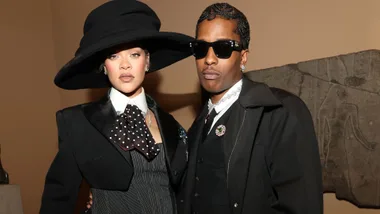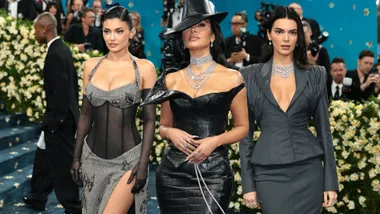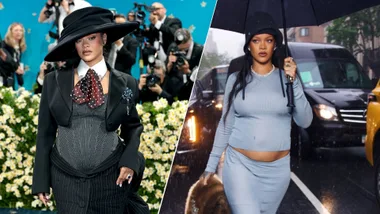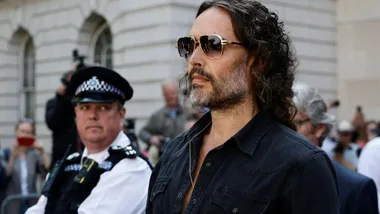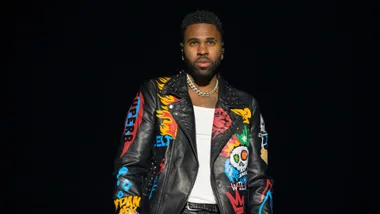Anthony Albanese has recently backflipped on proposed inclusions of questions regarding gender and sex in a move that risks rendering a swathe of Australia’s LGBTQI+ community invisible in the next census.
The move has sparked outrage among advocacy groups and left politicians puzzled and dismayed.
Since then, there’s been a lot of heated debate and a number of vague and confusing statements from our Prime Minister. If you’ve been left perplexed, you’re not alone. Here’s everything you need to know.
Why Is The Australian Census Important?
Every five years, the census captures a detailed snapshot of Australia’s population, painting a picture of who we are as a nation. It asks dozens of questions to residents, visitors, and citizens alike.
The data collected from the census is used by parliament to allocate funding to specific groups, by academics to decide who and what to research, by media organisations to understand what they should be covering and by brands and advertising agencies to decide who they should be targeting and catering to. Essentially, it’s an easy way for big organisations and bodies to understand what is happening in Australia. If you are left out of the census, you are left out of this national portrait and, potentially, these national decisions.
That’s why LGBTQ+ rights groups are up in arms. The absence of questions about gender identity and sexual orientation leaves entire communities feeling invisible and excluded from the data that shapes policies and services in this country.
What Happened During the 2021 Census?
The census isn’t set in stone. Over the years, it has evolved, reflecting changes in society. In 1972, for example, Aboriginal and Torres Strait Islander people were included in the census for the first time, a milestone that followed the 1967 referendum.
Fast forward to 2021, when Australia was deep in COVID-19 lockdowns. Despite growing calls for inclusivity, the census still failed to ask about LGBTQ+ identities. This omission prompted Equality Australia and community advocate April Long to file a complaint with the Australian Human Rights Commission, arguing that the exclusion amounted to discrimination.
Even Opposition Leader Peter Dutton, who had previously dismissed such questions as part of a “woke agenda,” has now pivoted, saying he’s “fine” with their inclusion, leaving Albanese in the awkward position of looking less progressive than one of the most conservative men in the country.
In response, the Australian Bureau of Statistics (ABS) issued a “statement of regret,” acknowledging that LGBTQ+ Australians felt “invisible and excluded.” They admitted that the census should be a mirror reflecting everyone in society, not just some.
Other countries, like the UK and New Zealand, already include questions about sexual orientation and gender identity in their censuses. It seemed inevitable that Australia would follow suit, especially after a government advisory committee consulted over a thousand people and organisations to propose more inclusive questions for the 2026 census. But the government scrapped those plans last week in a surprising move.
The Albanese Government Backflip
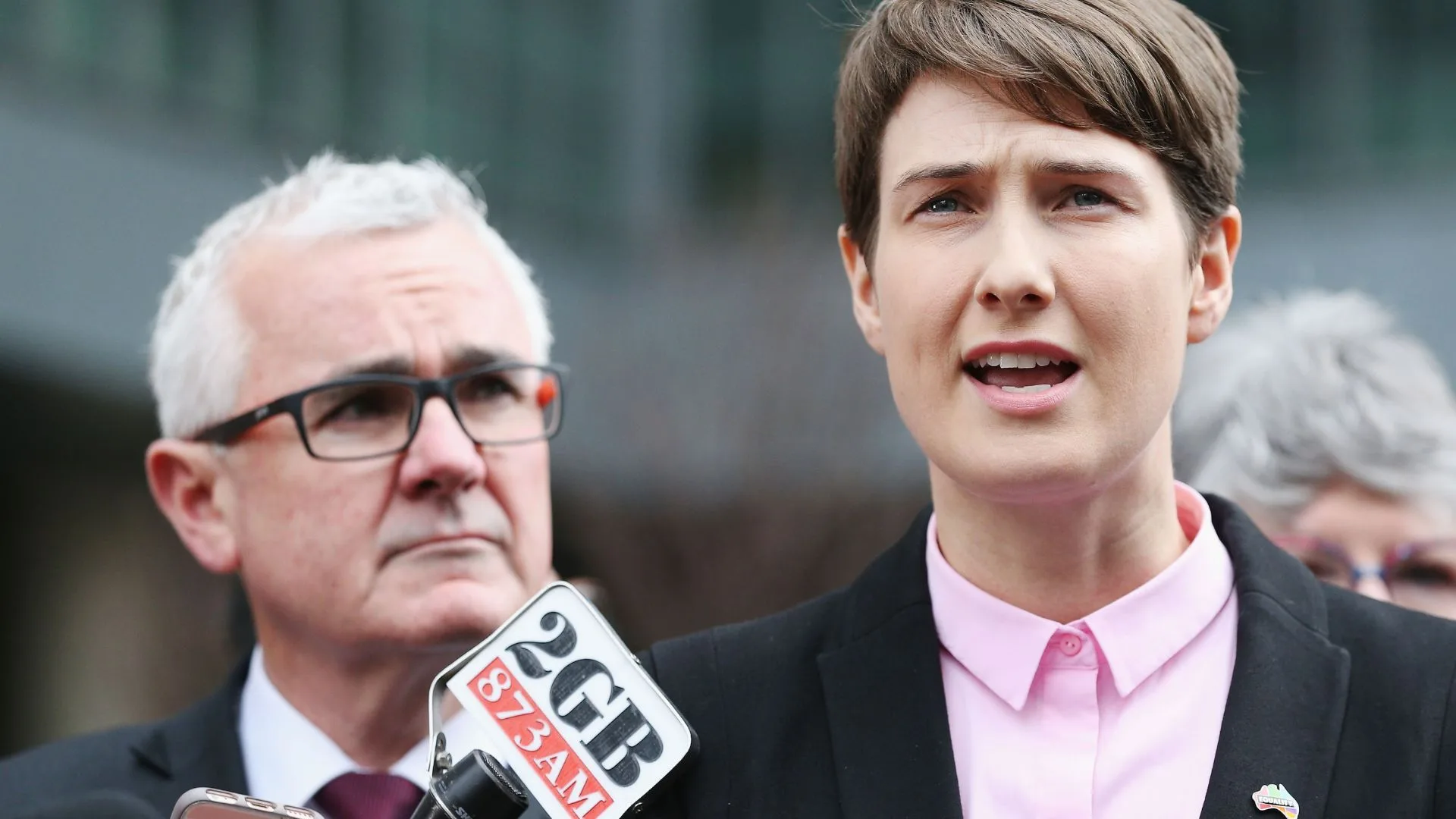
The 2026 Census is in a testing phase, and the Albanese government has halted the trial of all proposed new questions. As reported by ABC News, Prime Minister Albanese, whose approval rating is currently in freefall, said the federal government told the Australian Bureau of Statistics to cancel testing because the new questions “weren’t appropriate.” Following the backlash, one question about sexuality and sexual preference was included. Questions about gender identity and variations of sexual characteristics, which would have given a clearer picture of Australia’s trans and intersex populations, remain excluded.
The 2026 Census Backlash
The decision has been met with shock and dismay. Nicky Bath, chief executive of LGBTIQ+ Health Australia, called the move “devastating and baffling.” She warned that the significant gaps that contribute to health and wellbeing disparities will remain without this data.
Anna Brown, chief executive of Equality Australia, echoed this sentiment: “Our communities will continue to feel invisible and demeaned because the federal government hasn’t taken this opportunity to finally reflect the diversity of Australia.” Equality Australia has now released a “Count Us In” petition that has accrued 20,426 signatures.
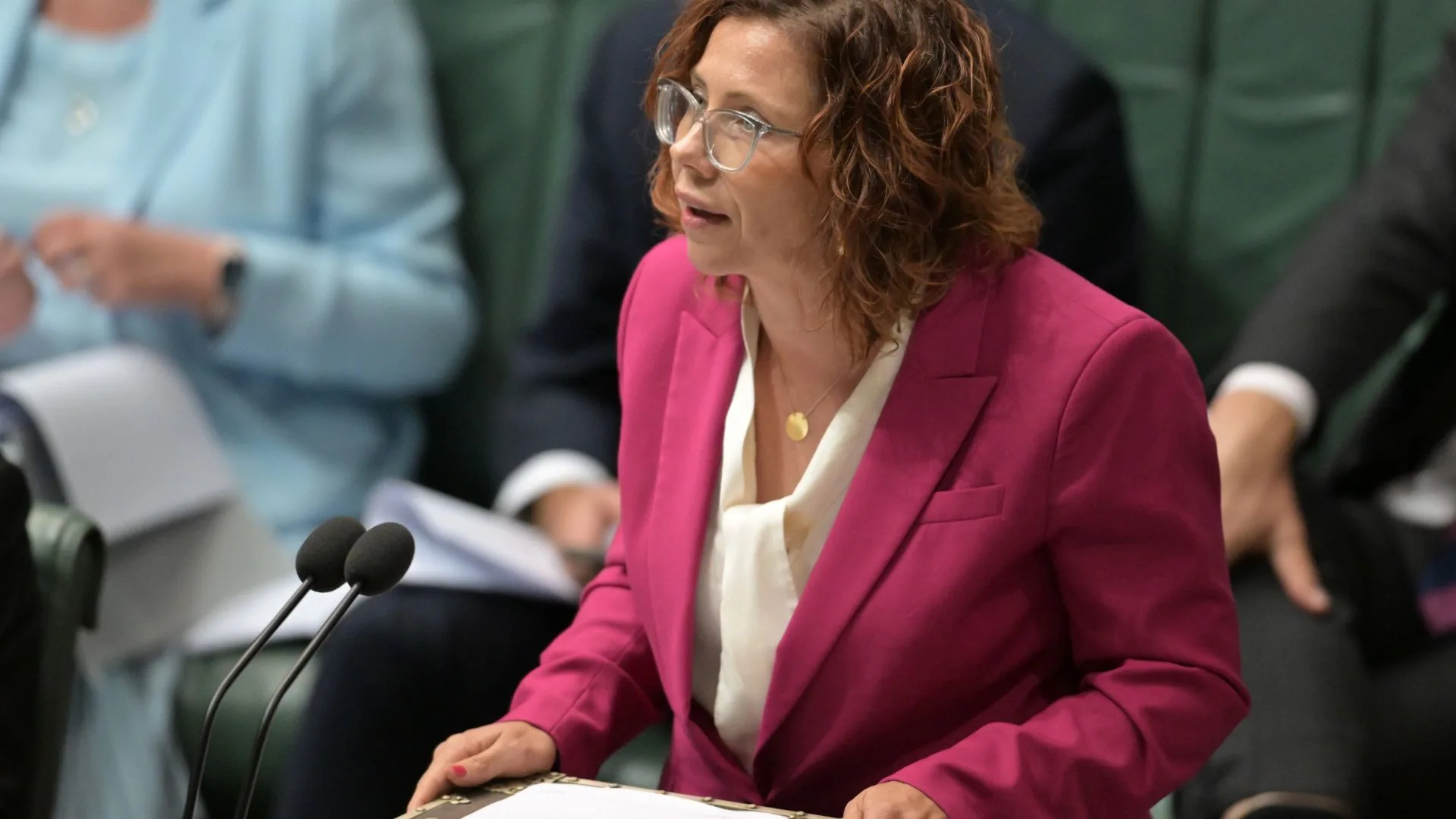
Politicians from across the spectrum have also voiced their frustration. Independent MP for Wentworth Allegra Spender said she was “flabbergasted” by the decision, while Liberal Senator Andrew Bragg criticised Prime Minister Anthony Albanese, calling the move a sign of weak leadership.
Even Opposition Leader Peter Dutton, who had previously dismissed such questions as part of a “woke agenda,” has now pivoted, saying he’s “fine” with their inclusion, leaving Albanese in the awkward position of looking less progressive than one of the most conservative men in the country.
April Long, whose original complaint highlighted the need for these questions, shared a poignant reflection: “After hearing this news, I had to look at my three-year-old son, knowing that when he starts school, I won’t be able to tell him how many kids are just like him with two mums. This isn’t just about numbers or data—it’s about our basic human right to be counted, recognised, and valued.”
The 2021 census found that three in four non-heterosexual Australians experienced a mental illness at some point in their lives, while non-binary Australians experience mental illness at more than double the rate of their cisgender counterparts. The census’s inability to provide more detailed information on the support needs of this community is a worrying failure.
The Albanese Government’s Stance
So why the sudden U-turn? Anthony Albanese’s comments have been vague. He told ABC RN that in the past, people didn’t feel comfortable discussing questions of sexuality as they are today, so it was now appropriate to include questions about it. He failed to explain why, despite demand, questions about gender identity and sex characteristics were not deemed appropriate.
Social Services Minister Amanda Rishworth hinted at concerns about the complexity of the questions, suggesting in an interview with Sky News that they might confuse respondents. “We want people to complete the census, and we want simple questions that people can understand and answer,” she said. “The census isn’t for another two years, and I think we’ve got plenty of time to make sure we get the questions right.”
However, even if the Labor government backflips again, the damage may already be done. An anonymous Labor staffer told GSN they were devastated by the decision. “It’s a gut punch to all the LGBTQIA staffers who hold the government up. It’s become a massive issue now when it would have been nothing.”
Related Stories:
- Don’t Be Fooled By Candace Owens
- New Taliban Morality Laws Have Banned Women’s Voices and Faces In Public
- The Women’s Issues Addressed In The 2024 Budget, Explained
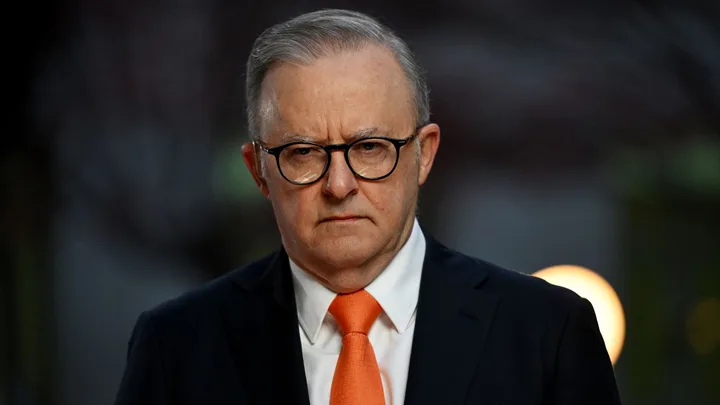 Getty/Tracey Nearmy
Getty/Tracey Nearmy



